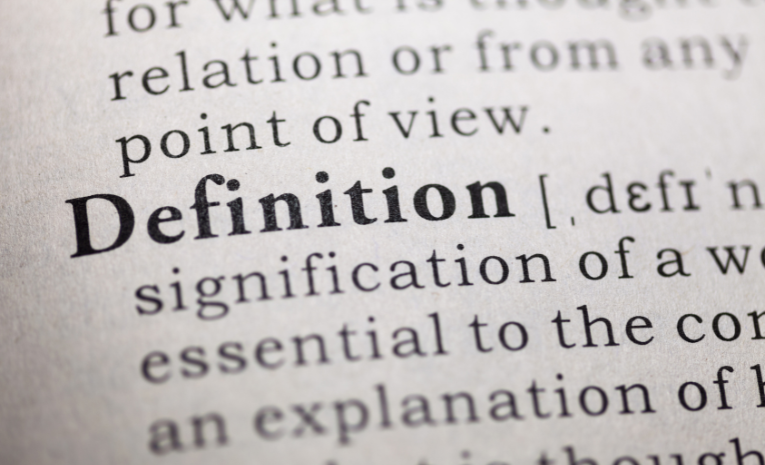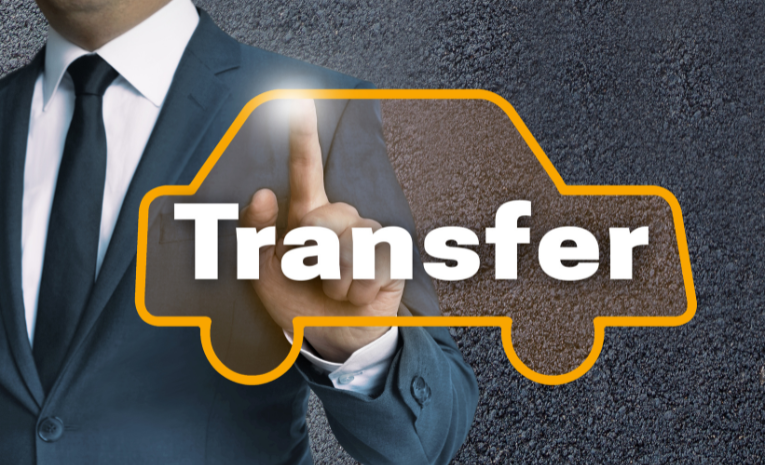Understanding the costs associated with buying or selling a property is crucial for anyone involved in real estate transactions. At Somnium Legal, with offices in Orihuela and Orihuela Costa, we are dedicated to providing clear and transparent information about conveyancing fees to help our clients budget effectively and avoid unexpected expenses.
What Are Conveyancing Fees?
Conveyancing fees are the costs incurred during the legal process of transferring property ownership from one person to another. These fees cover various aspects of the transaction, including legal services, searches, and administrative expenses. By understanding the breakdown of these fees, you can make informed decisions and ensure a smooth transaction.
Breakdown of Conveyancing Fees
-
Legal Fees:
- These are the fees charged by your conveyancer or solicitor for their professional services. They cover tasks such as preparing and reviewing documents, providing legal advice, and managing the transaction process. At Somnium Legal, we ensure our clients understand every aspect of these fees to foster transparency and trust.
-
Disbursements:
- Disbursements are additional costs incurred on your behalf during the conveyancing process. Common disbursements include:
- Search Fees: Charges for conducting necessary searches, such as local authority searches, environmental searches, and drainage/water searches.
- Stamp Duty Land Tax (SDLT): A tax on property purchases over a certain value.
- Land Registry Fees: Fees for registering the property in your name with the Land Registry.
- Bank Transfer Fees: Costs associated with transferring funds during the transaction.
- Disbursements are additional costs incurred on your behalf during the conveyancing process. Common disbursements include:
-
Other Potential Fees:
- Depending on the complexity of your transaction, there may be additional fees, such as:
- Indemnity Insurance: Costs for obtaining insurance to cover specific risks.
- Mortgage Arrangement Fees: Charges for handling mortgage-related paperwork and coordination.
- Depending on the complexity of your transaction, there may be additional fees, such as:
Why Are Conveyancing Fees Important?
-
Budget Planning:
- Knowing the conveyancing fees upfront helps you plan your budget and ensures that you are prepared for all costs associated with the transaction.
-
Transparency:
- A clear understanding of these fees allows for transparency and helps avoid any hidden costs that may arise later in the process.
-
Informed Decision Making:
- Being aware of the costs involved helps you make informed decisions about your property transaction, ensuring that you are not caught off guard by unexpected expenses.
How Somnium Legal Can Help
At Somnium Legal, we pride ourselves on our commitment to transparency and client satisfaction. Our team of experienced conveyancers in Orihuela and Orihuela Costa is dedicated to providing detailed breakdowns of conveyancing fees from the outset. We ensure that our clients are fully informed and understand every aspect of their transaction.
-
Transparent Fee Structure:
- We provide a comprehensive and clear fee structure that outlines all potential costs associated with your conveyancing process. This helps you know exactly what to expect and plan accordingly.
-
Expert Guidance:
- Our team offers expert guidance throughout the conveyancing process, ensuring that you are aware of all fees and their implications. We handle all aspects of the transaction, from initial consultation to completion, with professionalism and care.
-
Client-Centric Approach:
- At Somnium Legal, our client-centric approach means we tailor our services to meet your specific needs. Whether you are buying or selling a property, we are here to make the process as smooth and stress-free as possible.
Conclusion
Understanding conveyancing fees is essential for a smooth and successful property transaction. At Somnium Legal, we are committed to providing clear and transparent information to our clients in Orihuela and Orihuela Costa. By choosing us, you can be confident that you will receive expert guidance and a detailed understanding of all costs involved.
For more information on conveyancing fees and how Somnium Legal can assist you with your property transaction, contact us today. Let us help you navigate the complexities of conveyancing with ease and confidence.










